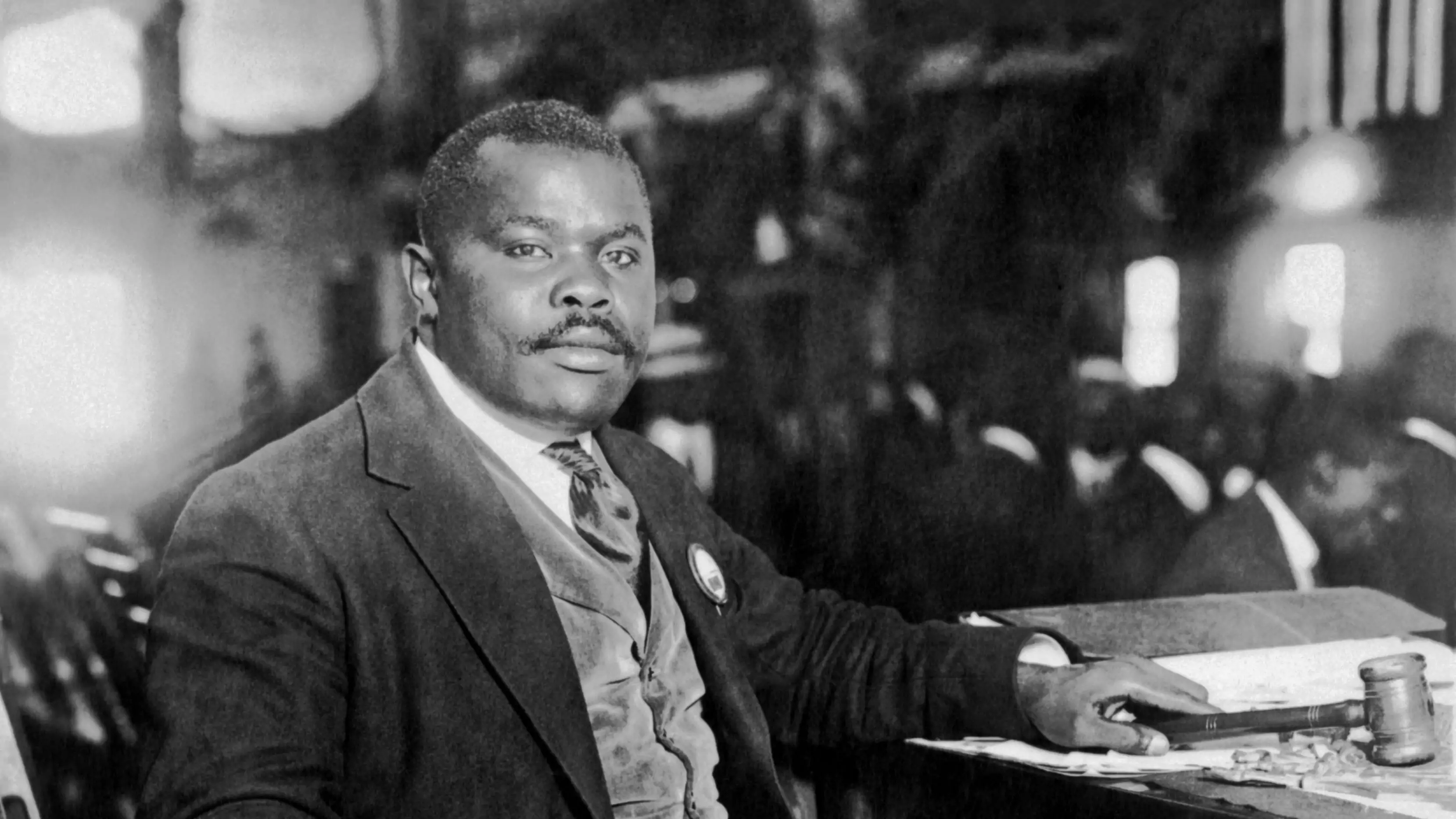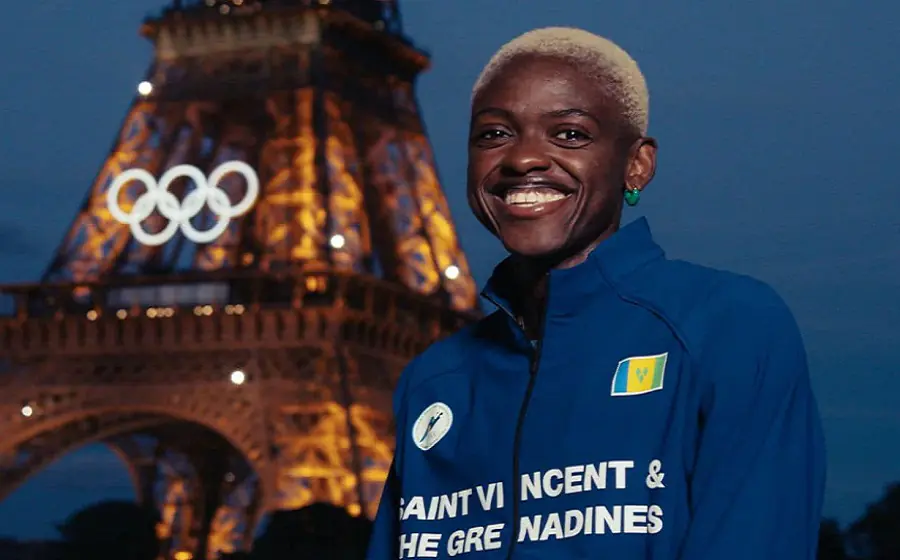Caribbean’s vaccine manufacturing facilities to get major boost
The Pan American Health Organization (PAHO) is working with Canada to improve vaccine manufacturing to ensure “safe and timely access” throughout Latin America and the Caribbean.
PAHO will use US$ 11.1 million from Global Affairs Canada (GAC) to strengthen regional vaccine production capacities, including COVID-19 mRNA vaccines.
Dr. Jarbas Barbosa, PAHO Director, stated the COVID-19 pandemic showed the severity of unequal access to vaccines and other health technologies. “We thank Canada for supporting PAHO in this effort to expand and develop regional production capacities for medical products—an objective that is at the heart of our strategy to end the acute phase of the COVID-19 pandemic and a key step towards universal access to health.”
Jason Tolland, GAC Director General for South America and Inter-American Affairs, visited PAHO headquarters and discussed the relationship with Barbosa.
“Canada is looking forward to implementing its CAN$15M support to PAHO’s COVID-19 Vaccine Manufacturing Platform to strengthen vaccine production capacities in Latin America and the Caribbean,” Tolland said. Canada supports regional manufacturing in low- and middle-income countries to remove vaccine access hurdles.
“We recognize the enormous potential of initiatives that promote local ownership and enable regions to address their own needs, not only for COVID-19 but also other diseases,” he added.
PAHO stated Latin America and the Caribbean imports six times more medications than it exports, making it exposed to global supply changes, especially during emergencies.
PAHO reported COVID-19 vaccine shortages in the early pandemic necessitated quick regional manufacture.
Canada’s new initiative will “foster an enabling environment for regional vaccine production” by promoting greater coordination across countries and public and private partners and strengthening national regulatory systems and policies.
PAHO’s Regional Platform for Advancing the Production of Vaccines and Other Health Technologies for COVID-19 in the Americas, including the mRNA Vaccine Technology Transfer Program, will benefit from the initiative.
PAHO said, “This multilateral collaboration by the World Health Organization, the Medicines Patent Pool and other partners aims to facilitate mRNA vaccine manufacturing technology transfer to low- and middle-income countries.” It currently includes two institutions in the region, Sinergium Biotech of Argentina and the Institute of Technology in Immunobiologicals Bio-Manguinhos of Brazil.
PAHO will assist Bio-Manguinhos in vaccine development clinical trials and Sinergium Biotech in knowledge transfer and vaccine production equipment during the next two years.
The organization will also create a handbook for vaccine manufacturing pilot facilities, including important inputs for business plans, technical brochures, and equipment and supply needs.
PAHO is also selecting a regional training center, developing a tool to assess country readiness for vaccine development, and studying regional COVID-19 mRNA vaccine patents and the health technology production value chain.
Prime Minister Justin Trudeau said last year at the G20 Summit that Canada would promote vaccine and pharmaceutical manufacture in low- and middle-income nations, according to PAHO.
Canada has contributed CAN$50 million and CAN$45 million to PAHO in 2021 and 2023 to expand COVID-19 vaccination access for vulnerable populations in the Americas.
PAHO has helped 37 nations and territories design and implement COVID-19 vaccination strategies in recent years.
PAHO has aided 32 countries and territories in strengthening cold chain storage and transportation capacities, integrating gender equality into its activities.
PAHO stated 13 nations had undertaken gender and ethnicity-focused programs, including vaccination distribution to rural populations.
These workshops and knowledge dialogues identified local vaccine perceptions, explained vaccine benefits to communities, and empowered women, girls, Indigenous and Afro-descendant people, and LGBT groups to communicate effectively about this issue using science-based and culturally appropriate content.





